My last summertime memories in Greece date back to 2019, just before the ‘C’ word hit.
I was one of the lucky ones who got a taste of Greek summer before the pandemic turned this experience, along with any other good ones, into a mash of wishes I would feed on in Australia during Melbourne’s lockdowns.
Some things have changed since; others remained the same. And COVID has gone “on holidays” till further notice.
Since end of April, as part of launching the 2022 summer tourist season, Greece dropped all remaining restrictions, with travellers entering without testing or quarantine.
Vaccination status certificates are not requested anywhere anymore, while face masks are only required in limited settings like public transport and hospitals.
Government ministers said they will assess the situation again in September, depending on infection numbers, which are already on the rise, ranging from 10,000 to 20,000 new daily cases roughly.
Keep reading for a mixed bag of info (some practical, some just for fun or reflection) I would give a friend coming back to Greece after a while.
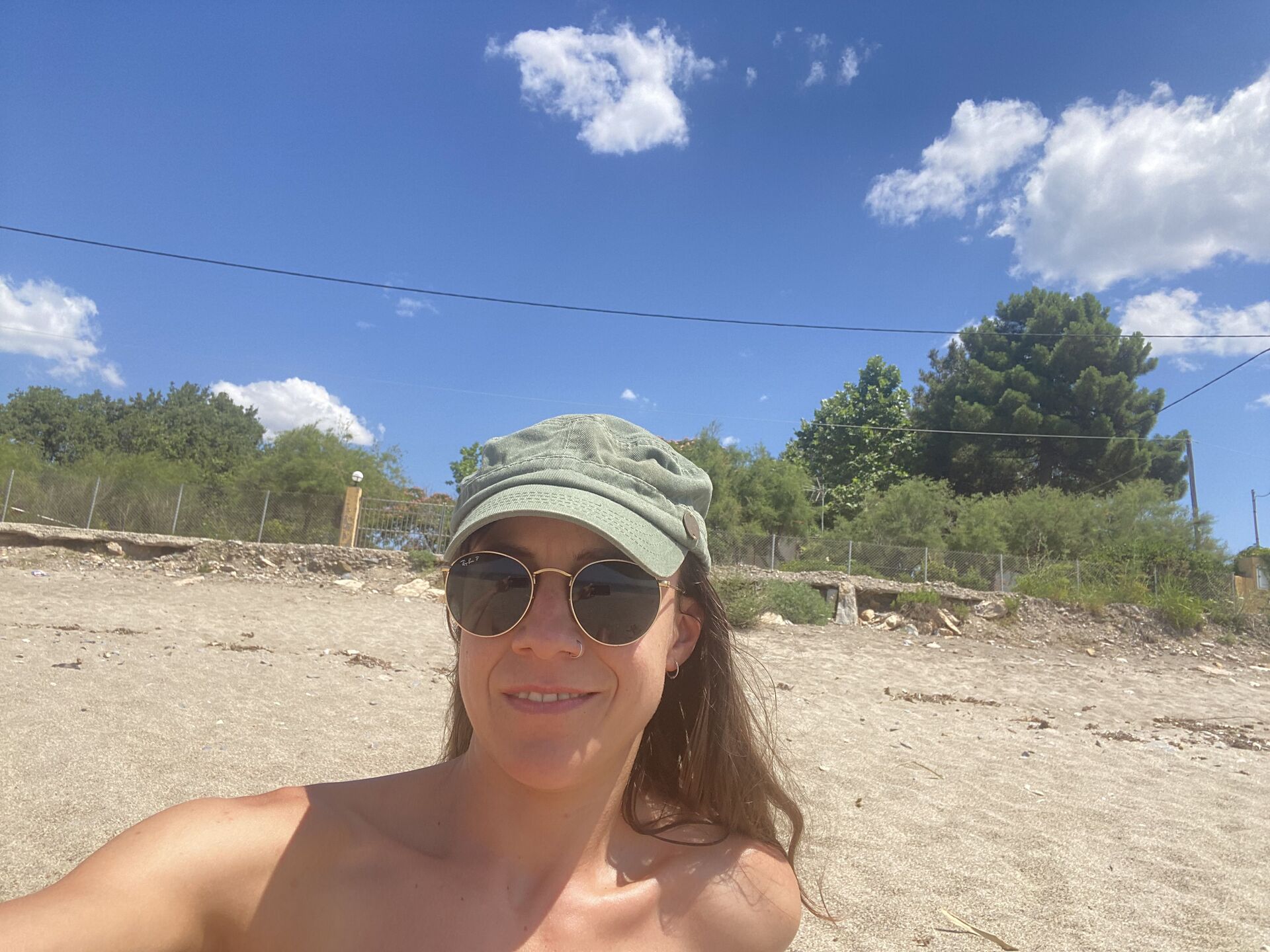
Price hikes, petrol and the money talk
First things first, the elephant in the room is measurable and counted in euros.
While thankfully far from the extreme scenario of its neighbouring Turkey, where inflation rose to nearly 80% in June, Greece’s cost of living is by no means great.
The Consumer Price Index reached 12% for the same month, a two-decades record high. How does this affect you if you’re just visiting for a short period?
In many more ways than you’d think.
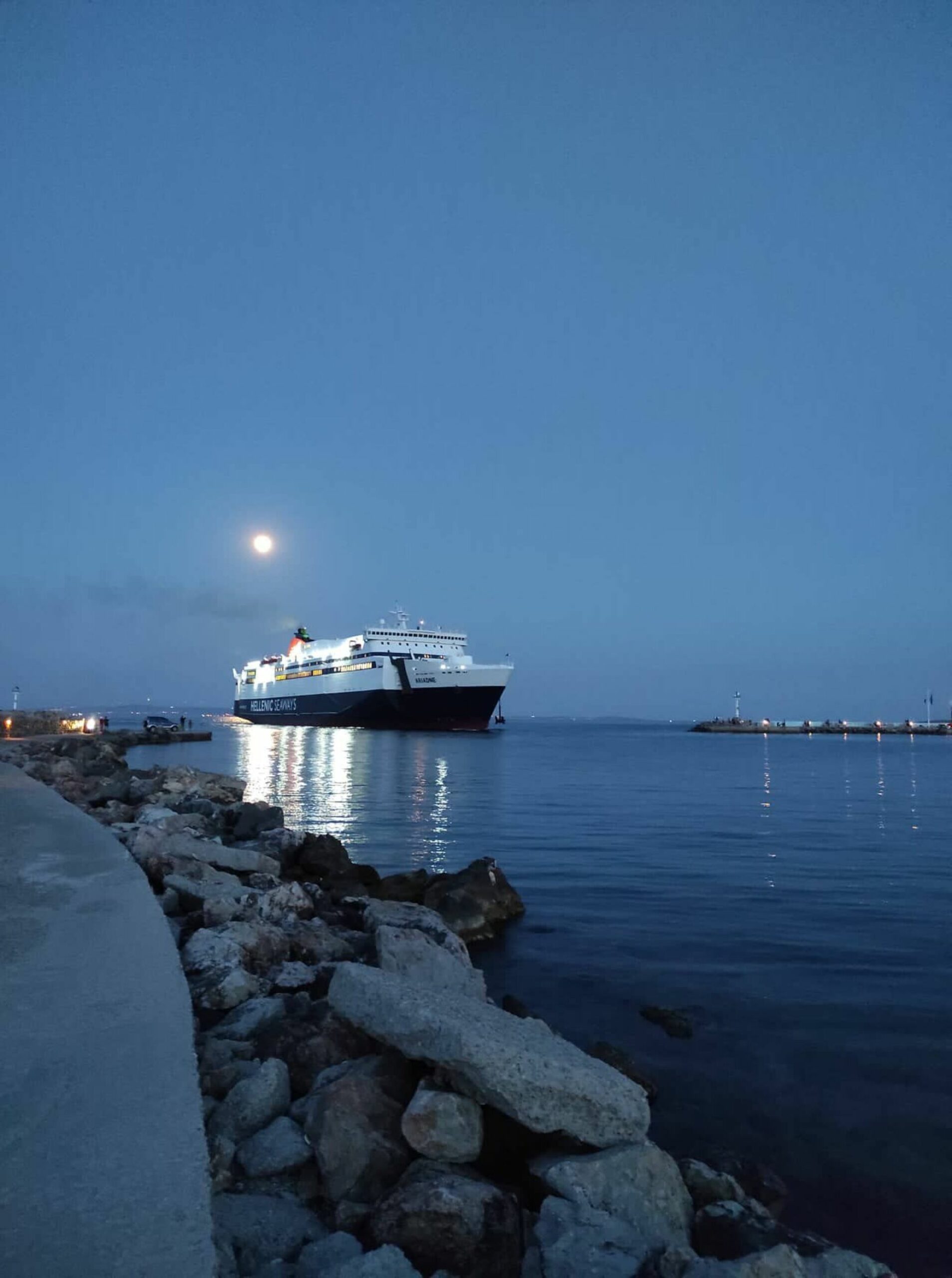
Major price hikes in fuel, electricity and gas are a Greek household’s biggest headache nowadays. But they also trickle down to almost every type of product or service, including price increases in:
- air (by 48.5%), ferry (by 20.4%,) and taxi fares (minimum charge increased to €4)
- hotel charges (up 27.7% from last year)
- food products
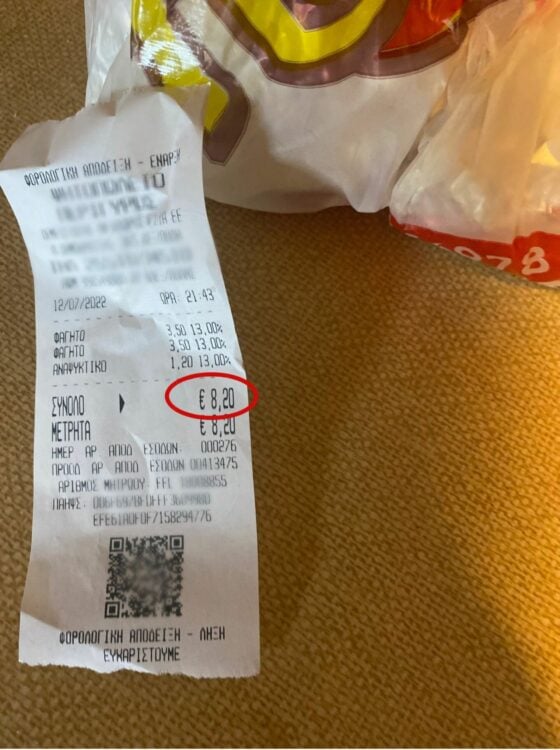
If you’re driving during your stay in Greece, you will also feel the impact of vehicle fuel skyrocketing prices directly.
Fun fact: In June, Greek state TV broadcaster ERT made international headlines over a segment showing viewers how to pierce a car’s fuel tank to siphon gasoline. The video with the repairman giving a step-by-step explanation of how people steal gasoline due to soaring fuel prices “raises eyebrows”, writes The Guardian.
As of the start of July, the average price in the Attica region was down to €2.30 from €2.50 where it averaged in previous days.
The highest prices are recorded on islands, reaching up to €3 per litre.
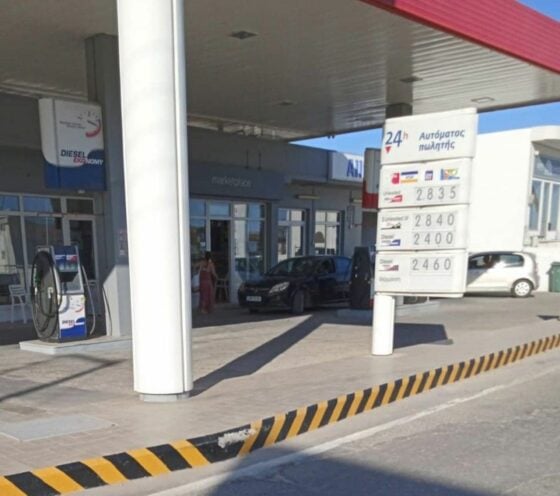
Talking about money, cash is (still) king in Greece
All Greek businesses are required by law to have a POS machine and you won’t have an issue using your credit/debit card.
Some locals however still prefer paying in cash. One of the reasons?
The timeless tax avoidance tactic every Greek knows even if they don’t use it: The possibility – never legal – to get a “discounted” price for a service or a product through a mutual agreement with the seller to print a receipt reflecting a smaller amount than what is actually paid.
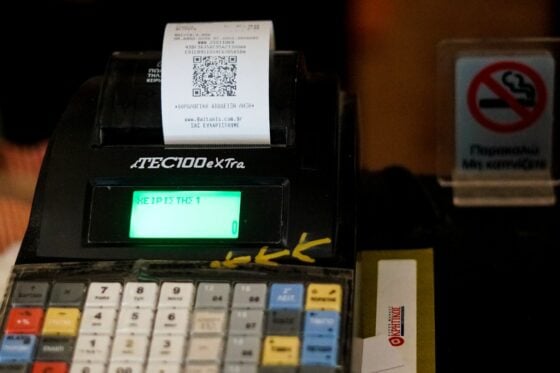
I was reminded it’s still a common tactic since my first purchase this summer at a local shop. I asked for a product price and got the reply “With or without GST?”
The “discount” essentially means ditching the GST for both parties, while with a card payment it’s not possible to “fake” the actual amount paid.
War and tourism
Wondering if the war in Ukraine has affected tourism traffic in Greek islands? I thought it would, but according to some industry people I asked, I was mostly wrong.
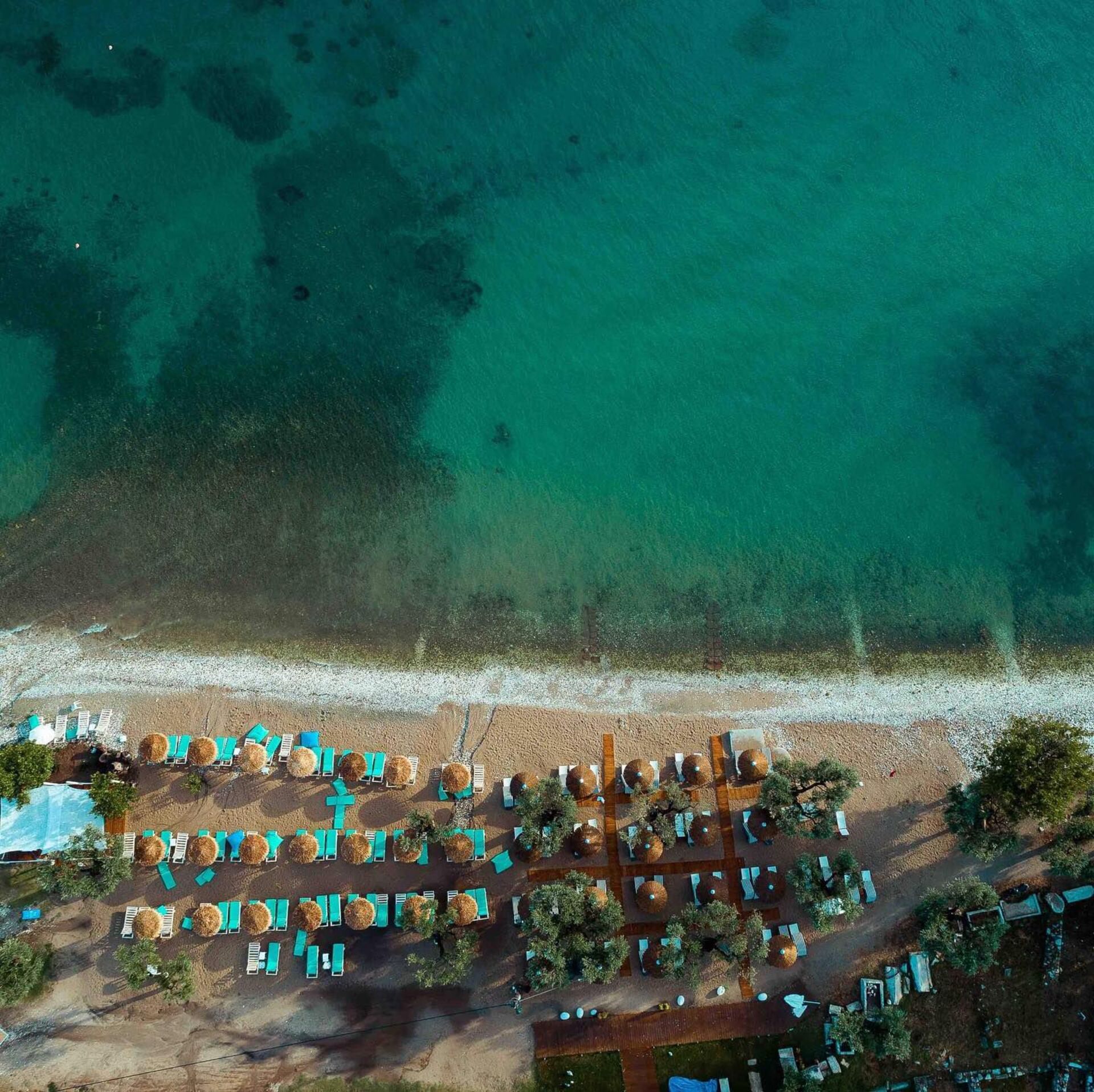
I spoke to a hotel owner in Thassos (North Aegean) and restaurant operators in Milos (Cyclades complex) and Ithaca (Ionian sea), to get as much of a representative sample as possible.
All three told me they noticed a slow start of the tourist season compared to previous years, but by June visitor traffic was back to normal.
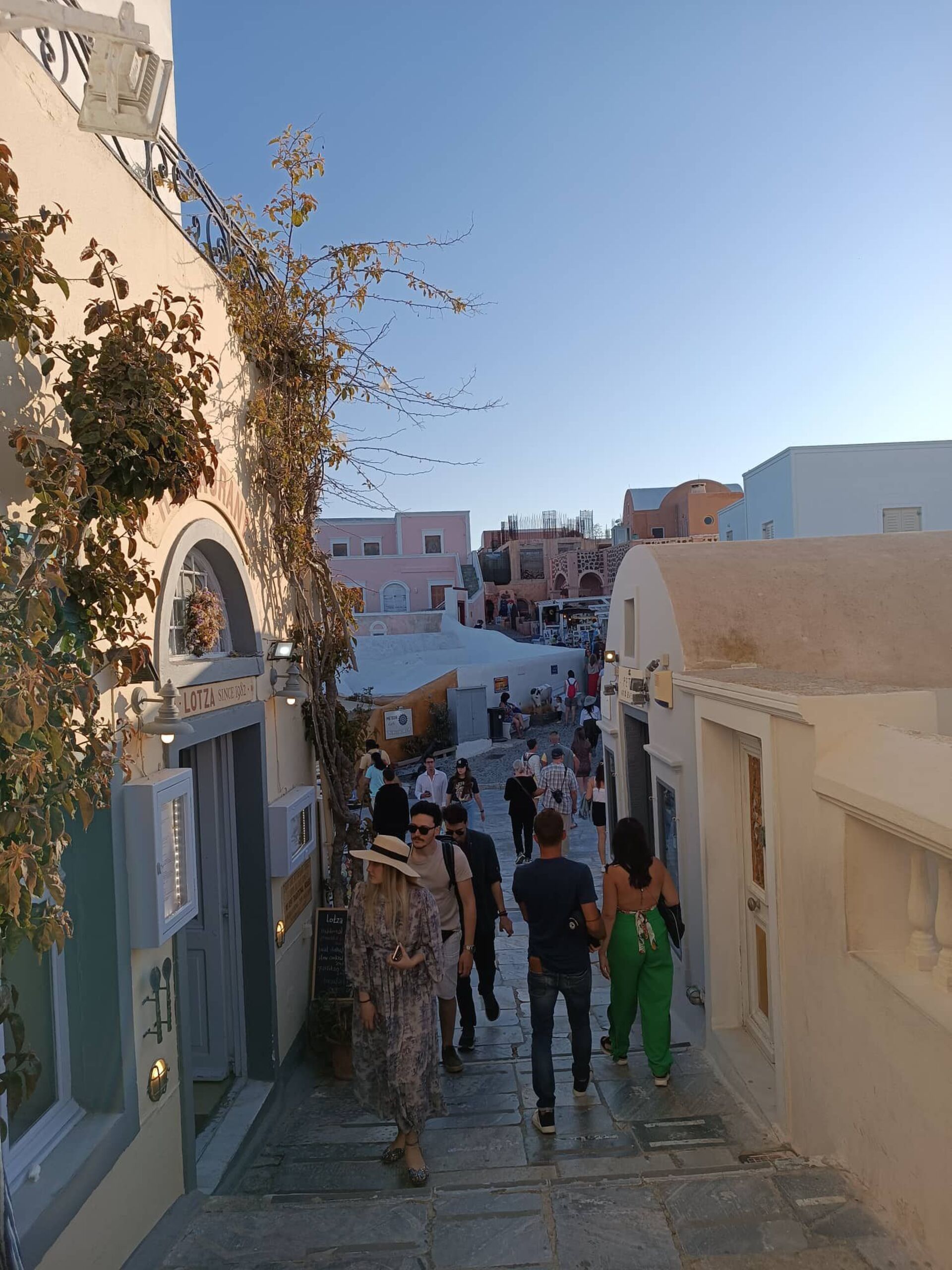
The restaurant owner in Ithaca I spoke to is Melbourne-born Poppy Pagoulatos who moved to Greece 20 years ago.
She says the war in Ukraine has “not had a direct impact on tourism traffic.”
“But what’s been different is that product prices have been on the rise; everything is more expensive,” Ms Pagoulatos says.
Vassia Mpatrakouli, whose family took over the management of a restaurant in Milos this year, recounts that locals tell her visitor arrivals for 2022 so far are “of the pre-covid era levels”.
“It’s just that capacity was not reached since May as used to be the case. It is end of June this time around that the island starts looking full,” Ms Mpatrakouli says.
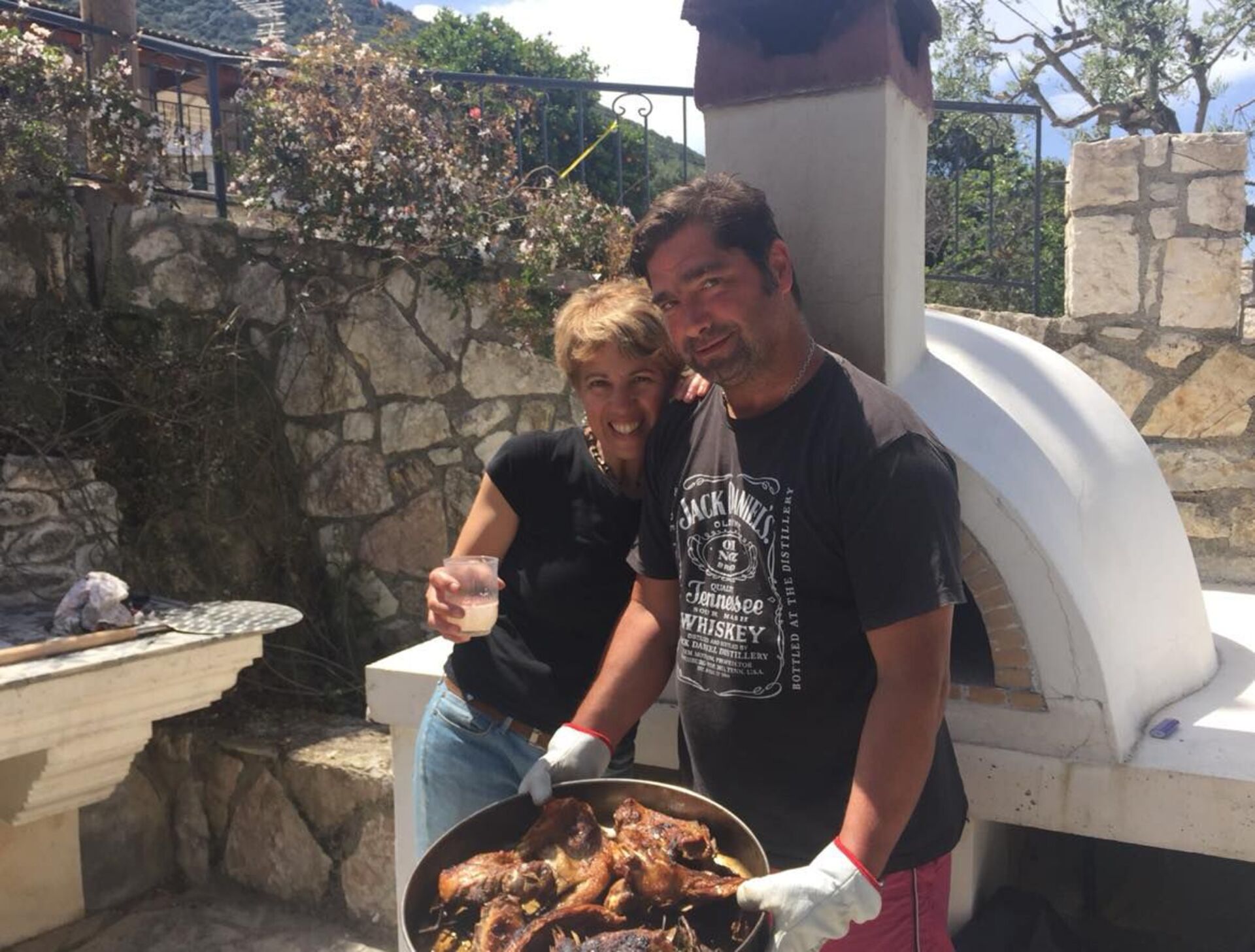
Did you know that…?
– Local authorities in Leipsoi, part of the Dodecanese, banned sunbeds as of this year, reportedly the first island in Greece to do so.
– In accordance with an EU-wide legislation, plastic straws are not available in Greece anymore. However, it’s not uncommon to hear people complaining about the paper straw distorting their frappe/freddo taste and experience, and social media is filled with sarcastic memes over glass/aluminium/bamboo straws. Word on the street is that fans of plastic straws living in areas close to the border with Bulgaria, make sure they pay a visit to the neighbouring country every now and then to refill their straw supply (and car fuel tank with cheaper petrol).
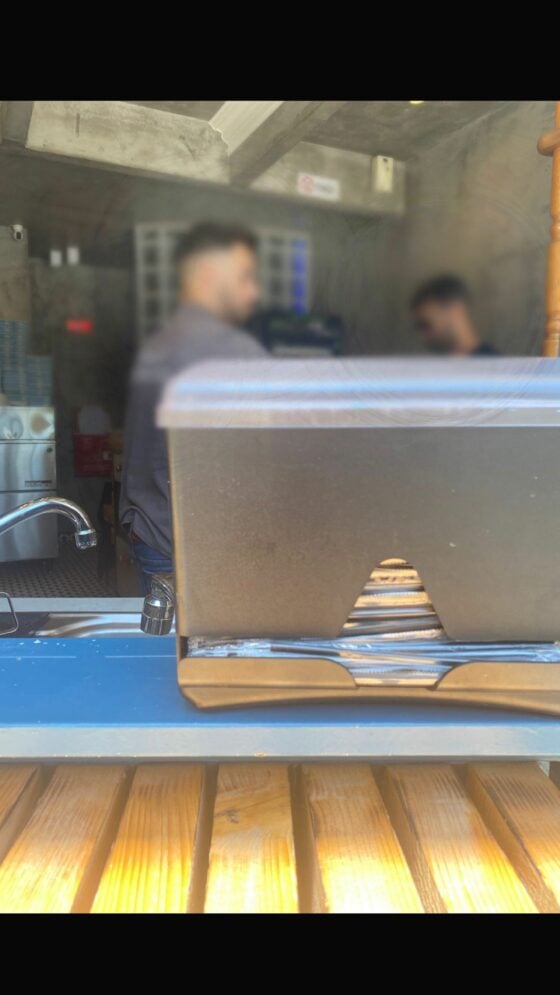
The beauty and the beast
If you’ve been to Greece, you know it’s a beauty (In so many ways – both visible and subtle – that would be futile to try and capture in words and pictures).
If you’ve lived there, you know it’s also a beast. (That, in many ways too).
Most often than not, the beauty and the beast coexist. And during summertime, there is no better place than a Greek island to showcase this.
Like Santorini, where Instagram meets the spiritual in every sunset, but donkeys are still on offer to carry tourists up and down the 600 stairs connecting the old port with the town of Fira (a route also accessible with cable cars by the way).
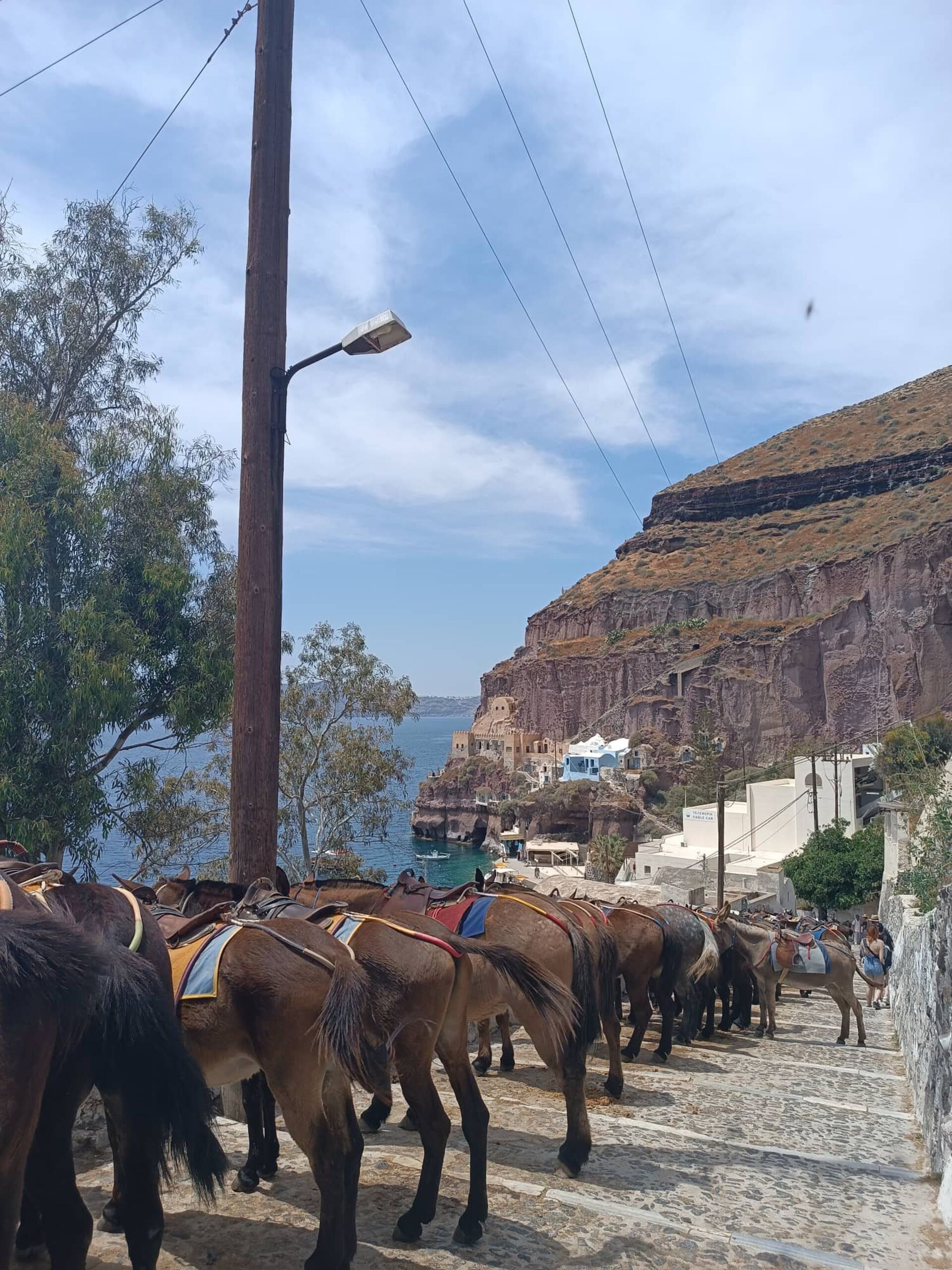
Or like Mykonos, a paradise for legendary parties and windsurfers, and the land of the gluttonous.
Or like all those majestic Greek islands with their hospitable people and their hostile migrant camps.